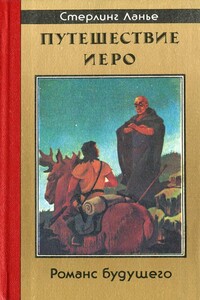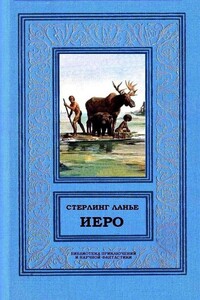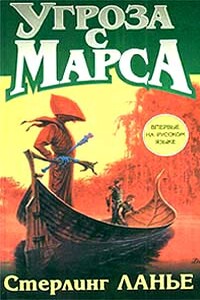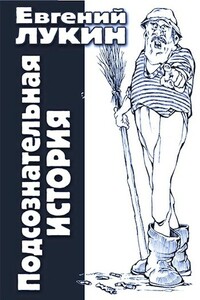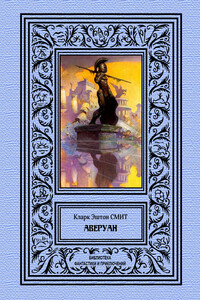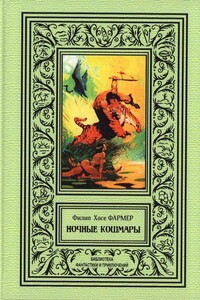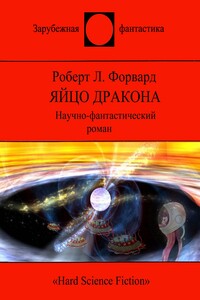Hiero's Journey | страница 58
Tired, but feeling somehow wonderful anyway, he roused Gorm and the morse. The bear rose, sniffed the air, and then sent a message. You have fought. It is in the air. (But) there is no blood (and) we have not waked. The enemy which strikes the mind? (Doubt/fear?)
Marveling at the bear’s perceptions, not for the last time, Hiero briefly told him of the Dweller and the fact that it was gone forever.
Gone, that is good. But you are weary, very!! Weary and also troubled (as to how) the enemy found (smelled out) us. Let us go. We (can) eat later.
The big morse nosed him all over and wrinkled his lip in distaste at some smell he seemed to detect on the mud-smeared leather. Hiero saddled him, picking off some more of the big leeches as he did, and in a short time they were on their way again, under the bright moon.
The night’s journey was uneventful. Beyond Klootz’s shying at a small water snake and Gorm’s frightened avoidance of a still pool covered with the scented pale blossoms of some giant nenuphar, nothing occurred.
Dawn saw them camped in yet another clump of vegetation. But it was not a reed bed, but rather a hollow in some large, rounded bushes, with laurellike, dark green leaves. Hiero guessed, and rightly, that the appearance of these woody plants and also the solid ground on which they grew meant that at long last the Palood was coming to an end. He fell asleep as the sun rose in a clear sky. As he dropped off, he dimly heard the morse chewing his cud and, very faintly, far off in the distance, the apparent raucous screeching of many birds.
That evening, after sundown, when the three had all fed, the man and bear sharing pack rations and Klootz thirty pounds of fresh green fodder, Hiero sat for a moment before leaving, All day, while nodding drowsily in the high-cantled saddle, he had ruminated over the problem of pursuit.
How had the Dweller been led to them? The bogs and pools swallowed any tracks on the instant. No hunters trailed them beyond earshot. The three were too sensitive now to allow any undetected surveillance of that sort. Could a flier be so high in the sky at night that they, the travelers, were visible to it? Perhaps a means of seeing at night lay open to the enemy of which the Abbey scientists knew nothing. But he had to dismiss the thought. If that were the case, there was nothing he could do about it anyway, but he did not believe it. No, the fragment of thought he had plucked from the dissolving mind of the living foulness which was the Dweller had seemed to say (or meant) that the creature had been
